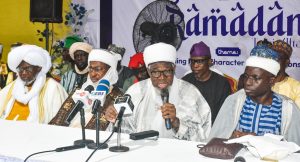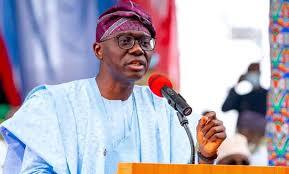The Minister of Power, Adebayo Adelabu, has emphasized that Nigeria cannot sustain the continued subsidization of electricity and must transition to a cost-effective tariff model.
Speaking at a press conference in Abuja on Wednesday, Adelabu highlighted the nation’s significant debt to generating companies (GenCos) and gas suppliers, amounting to 1.3 trillion naira and 1.3 billion dollars, respectively.
Adelabu disclosed that despite a budget allocation of 450 billion naira for electricity subsidies this year, the ministry requires over 2 trillion naira to cover subsidy costs adequately. As part of the measures to address this challenge, state governments will now be permitted to independently generate power to supply their states.
The minister attributed the recent collapses of the national grid, occurring approximately six times between December 2023 and the present, to several factors. These include gas shortages, aging infrastructure within the grid value chain, limited capacity to evacuate generated power, and the destruction of power stations in the North-East geopolitical zone.
Adelabu also addressed issues within the Transmission Company of Nigeria (TCN), revealing over 100 abandoned projects due to contract variations caused by fluctuations in forex rates. Consequently, TCN will refrain from awarding new contracts until existing projects are completed.
In a bid to extend electricity access to remote areas, the minister disclosed that the 2024 budget includes a provision of over 50 billion naira for the construction of mini-grids.
Adelabu issued a stern warning to electricity distribution companies (DisCos), emphasizing the need for improved performance and accountability. He stated that DisCos failing to meet expectations risk having their licenses revoked.
Additionally, Adelabu highlighted efforts to enhance security for power infrastructure, revealing collaboration with the National Security Adviser, Nuhu Ribadu, in this regard.














